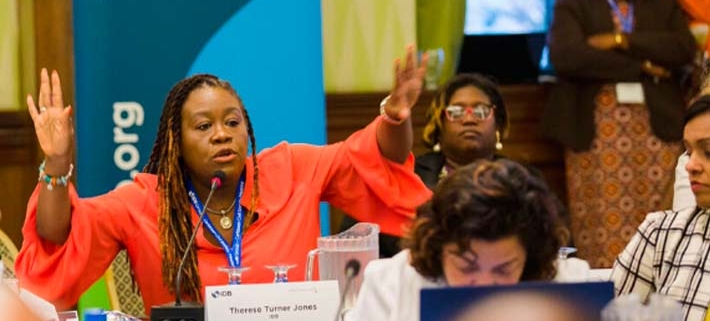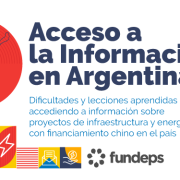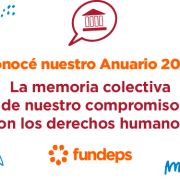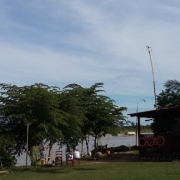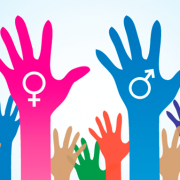We send observations to the IDB to strengthen its link with civil society
In the framework of the review process of the second Action Plan of the IDB Group-Civil Society (2022-2024), more than 20 civil society organizations sent a letter to the President of the IDB, Claver-Carone, with observations and recommendations to strengthen the IDB’s relationship with civil society and affected communities.
“Below, we offer a google translate version of the original article in Spanish. This translation may not be accurate but serves as a general presentation of the article. For more accurate information, please switch to the Spanish version of the website. In addition, feel free to directly contact in English the person mentioned at the bottom of this article with regards to this topic”.
While we welcome the fact that the IDB is reviewing the Action Plan to strengthen the relationship with civil society and affected communities, we believe that the way the review is being structured inhibits civil society participation in the process. For this reason, the recommendations sent to the President and his Executive Secretary are oriented in two ways:
- On the one hand, the Bank is asked to provide specific spaces and complete and accessible information so that civil society, including indigenous peoples, local communities, people affected by IDB Group projects (including MICI applicants), and organizations critical to the IDB can participate and get involved effectively. In this sense, it is essential that agendas begin to be built in a participatory way, that invitations to consultations are at least 30 days in advance and that they include a wide range of stakeholders. The optimization and adjustment of public consultation processes is also necessary, since they are currently excessively rigid and do not promote a meaningful or direct discussion between the parties, ultimately generating low-productive inputs that continue to weaken transparency and accountability in the Bank.
- On the other hand, it is emphasized that after the consultation or dialogue, the IDB must guarantee continuous communication that keeps the interested parties informed and provide information on how their contributions influenced the decisions taken.
We believe that the IDB Group’s commitment to civil society and communities affected has been and continues to be worryingly weak compared to other peer institutions. The IDB president has the opportunity to lead the change towards a more responsible bank and must foster an institutional culture in which it is accepted that the Bank makes mistakes and is more responsive not only to interactions and constructive criticism from external actors, including civil society and affected communities, but also to their internal accountability mechanisms.
To access the complete letter sent to the IDB, access here.
More information
How can the IDB Group strenghthen engagement with civil society and projects affected communities? – Bank Information Center (BIC)
Carta Grupo BID-Relacionamiento con Sociedad Civil
Recommendations to strengthen the IDB Group’s relationship with civil society and affected communities – Coalición para los Derechos Humanos en el Desarrollo
Author
Camila Victoria Bocco
Contact
Gonzalo Roza – gon.roza@fundeps.org

